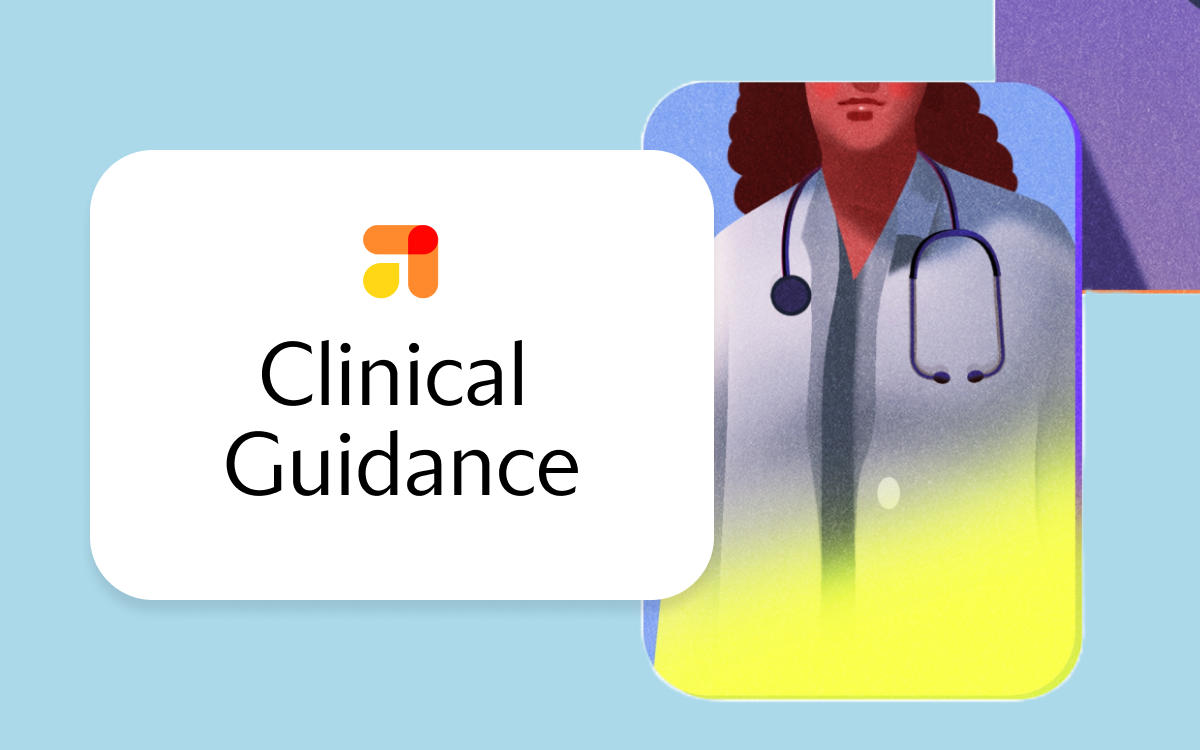Clinical guidance
Bone Density Q&A
Published January 1, 2022
Clinical guidance
Published January 1, 2022

Our bones can weaken as we age. A bone density test, recommended for women over age 65 and other people at risk for bone loss, checks how strong your bones are so you can take steps to protect yourself.
Bone density is a measure of how strong our bones are.
Our bodies are constantly losing old bone and growing new bone. As we get older, some of us lose bone more quickly than we can replace it. That can cause a condition called osteoporosis, which makes our bones weaker and more likely to break if we fall.
Osteoporosis doesn’t cause any symptoms, so people often don’t know they have it until they break a bone unexpectedly. The best way to know if you have osteoporosis is to get a bone density test. A bone density test checks how strong your bones are so you can take steps to protect yourself.
It’s recommended that all women 65 and older, and other people at risk for bone loss, get a bone density test every two years. Osteoporosis is much more common in people assigned female sex at birth, and it becomes more common after menopause.
Healthcare providers may also recommend testing for younger people at higher risk of breaking a bone, like those who smoke cigarettes or use steroid medications long term.
You’ll probably get a test called dual-energy x-ray absorptiometry (DXA). DXA is an x-ray of specific parts of your body (like your spine, hip, and forearm). The test uses very little radiation and doesn’t cause any discomfort. It usually takes 5 to 10 minutes.
There are treatments that can help slow bone loss or boost bone growth. Talk to your provider about your options.
Source: UpToDate. (September 29, 2023). Patient education: Bone density testing (Beyond the Basics).